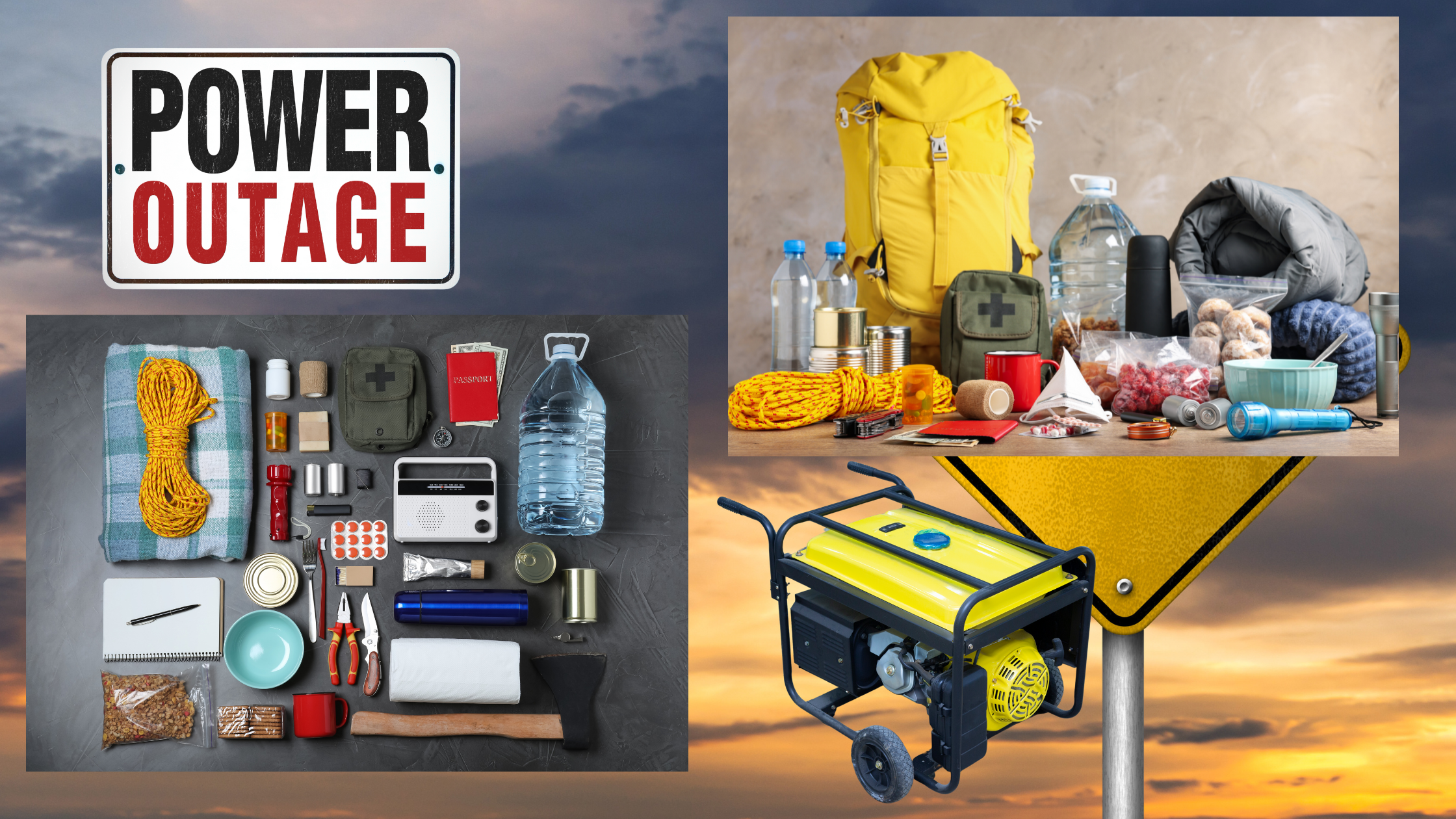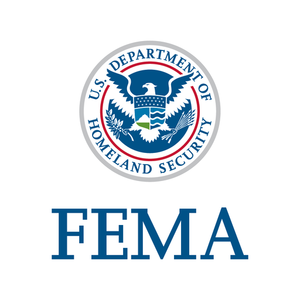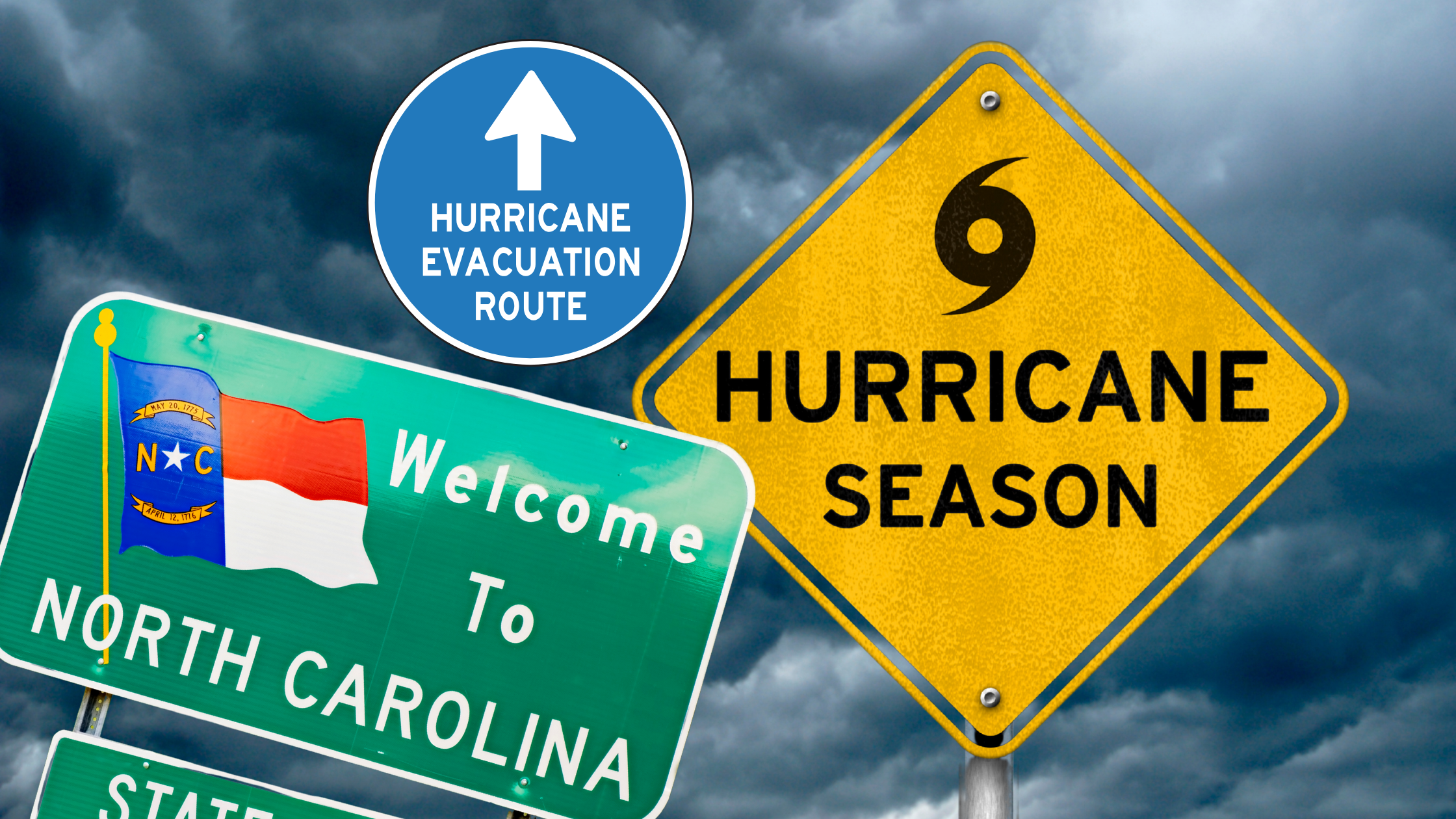Hurricanes are a reality for those of us living in beautiful coastal Eastern North Carolina. From Jacksonville to New Bern, and Surf City to Cape Carteret, residents know that preparedness is key. But for military families PCSing to bases like Camp Lejeune, MCAS New River, or Cherry Point, or investors managing property from a distance, storm season can bring added stress.
Whether you’re new to the area, buying your first home, or protecting an investment property, here’s a no-nonsense, battle-tested guide to help you prep like a pro.
1. Build an Emergency Kit Like a Mission Pack

Treat your hurricane kit like your go-bag on deployment: it’s gotta be ready, effective, and reliable. Essentials include:
- Water: 1 gallon per person, per day for at least 3 days
- Non-perishable food: Protein bars, canned meats and veggies, MREs
- First-aid supplies: Trauma kit, medications, antiseptics
- Flashlights & batteries: Don’t count on your phone for everything
- Battery-powered or hand-crank radio: Stay connected if power/Internet goes down
- Power banks/chargers: Rechargeable, solar if possible
- Documents: Store IDs, insurance info, deeds in waterproof containers
- Cash: ATMs may be down; small bills are best
- Hygiene items: Baby wipes, hand sanitizer, trash bags
- Tools: Multi-tool, duct tape, wrench to turn off gas, chainsaw
- Generator: Dual or tri-fuel generator enough to power major items in your home. Power could be out for weeks. Ensure you have enough fuel to last! Check out this one from Amazon.
Pro tip: Have a separate bag ready in your car with duplicates.
2. Lock Down Your Home Base
Before the Winds Hit:
- Secure Outdoor Gear: Bring in patio furniture, grills, trampolines.
- Roof & Gutters Check: Patch leaks, clean debris, check flashing.
- Storm Shutters or Plywood: A few hundred bucks now saves thousands later.
- Trim Trees: Especially limbs near your house or power lines.
- Drains & Sump Pumps: Clear everything. Backups cause serious water damage.
- Sandbags: Available locally during storms—place at entry points if flooding is likely.
This isn’t about paranoia. It’s about owning your responsibility like a pro.
3. Prep Your Ride
Military life means you may need to leave at a moment’s notice.
- Fuel Up Early: Gas stations run out fast. Fill up any additional fuel jugs you have.
- Tires, fluids, emergency kit: Road-ready condition isn’t optional.
- Car Go-Bag: Change of clothes, snacks, water, phone charger, flashlight, and a printed evacuation route.
4. Know Your Evacuation Zones & Routes
Every county has a different evacuation plan. Visit your local emergency management office online (Onslow, Carteret, Craven, Pender) to:
- Find your flood/evacuation zone
- Locate the nearest shelters
- Identify pet-friendly shelters
- Know the difference between a voluntary and mandatory evacuation
If you have pets or livestock, make a plan for them, too.
5. Guard Your Most Valuable Intel: Documents
Your “paperwork” could be your lifeline:
- Digital Backups: Store copies on a secure cloud drive
- Waterproof Storage: Use fireproof and waterproof safes for originals
- USB Drive: Load critical documents like VA loan records, birth certificates, deeds, and insurance details
6. Review & Update Your Insurance
Flood insurance is not included in most homeowners policies. Here’s what to check:
- Are you in a flood zone? FEMA has maps online.
- What’s your hurricane deductible?
- Document your home now: Take a video walkthrough of every room and the exterior!
- Store this file on the cloud, like Google Drive, AND share with your agent or property manager
Investors: Require tenants to carry renters insurance.
7. Stay Informed Without the Noise
Avoid social media hysteria. Instead:
- Download apps: FEMA, NHC, local news stations
- Sign up for county alerts via email/text
- Know the storm categories: Understand what each means in terms of likely damage
- Use military resources: Base emergency services often have up-to-the-minute updates

8. Post-Storm Recovery: Be Smart, Stay Safe
After the storm clears:
- Don’t enter floodwater: It hides debris, sewage, and other danger
- Document damage: Photos/videos for insurance. Don’t clean until documented.
- Beware scams: Only work with licensed, insured contractors. Your Realtor or local group (like our PCS Facebook Group) can recommend reputable pros.
- Check on neighbors: Especially other military families or retirees nearby
Bonus Section: For Military Landlords & Investors
If you own rental property in Eastern NC:
- Communicate BEFORE the storm with tenants
- Pre-stock hurricane kits or leave instructions for renters
- Arrange for post-storm inspections
- Have trusted handymen or contractors on speed dial
- Consider investing in a generator or prepaying for yard cleanup
Final Thoughts from a Marine Who’s Been There
As a retired infantry Marine and Scout Sniper who’s PCS’d four times with a family in tow, I know the chaos hurricane season can bring. In fact, we owned a rental property locally when Hurricane Florence hit in 2018. We also PCS’d from Okinawa, Japan while there was a Category 5 Typhoon about to hit Okinawa which forced us to leave a few days prior than planned. Planning isn’t fear-based—it’s a form of leadership. It’s how we protect our families, our investments, and our community.
So whether you’re stationed here, investing from afar, or living out your beach dream full time—take the time to prepare now. Then get back to enjoying the reason you chose Eastern North Carolina in the first place.
Stay ready. Stay safe.
Sam Lynch | Realtor | Marine Veteran | Investor | Dad | Hunter of Deals, Not Just Deer.

